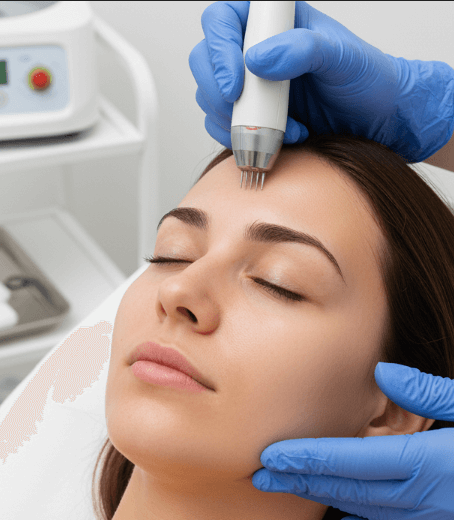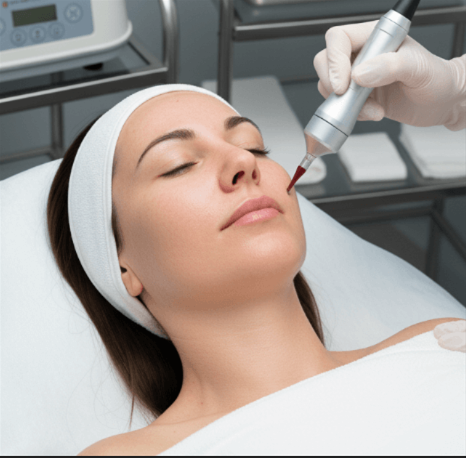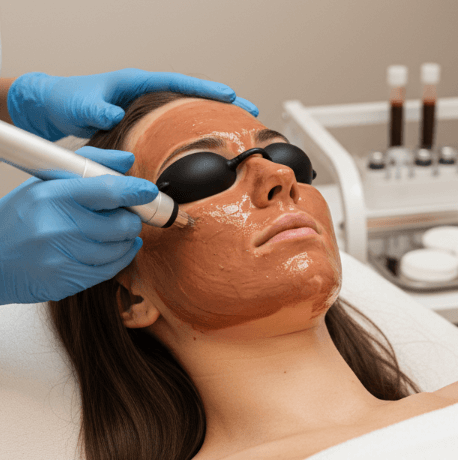Undergoing surgery—whether cosmetic, orthopedic, or internal—can be both physically and emotionally taxing. For international patients recovering in a foreign country, the experience often comes with added stress, loneliness, and uncertainty. Recognizing this, many Korean medical centers offer holistic recovery programs that include mental health and emotional support as essential components of healing.
Let’s explore how Korea’s top clinics and wellness facilities help international patients feel supported emotionally as they recover.
Why Emotional Support Matters During Recovery
Physical healing is only part of the journey. Many patients experience:
- Post-surgical mood swings
- Anxiety about the results
- Depression or fatigue from prolonged healing
- Homesickness or cultural adjustment stress
- Body image concerns, especially after cosmetic procedures
Korean recovery centers recognize these challenges and provide structured psychological and emotional support to promote comprehensive recovery.
Key Mental Health Services in Korea’s Recovery Programs
1. On-Site Counseling Services
Many recovery clinics and hospitals partner with licensed mental health professionals to offer:
- Individual therapy sessions
- Pre-operative mental health screenings
- Post-op emotional check-ins
- Support for anxiety, depression, or trauma
These services are especially helpful for patients undergoing major life-altering surgeries such as facial reconstruction, bariatric surgery, or gender affirmation procedures.
2. Multilingual Psychological Support for International Patients
Language barriers can make emotional expression difficult. To address this, many Korean clinics provide:
- English-speaking psychologists or counselors
- Interpretation services for other languages (Chinese, Arabic, Russian, Japanese, etc.)
- Culturally sensitive care tailored to the patient’s background
This ensures international patients can discuss personal feelings without fear of misunderstanding.
3. Group Support and Peer Interaction
Some premium wellness centers in Seoul and Busan offer:
- Group recovery workshops
- Peer meetups for international patients
- Relaxation and art therapy sessions
These group environments create a sense of community, reducing feelings of isolation and encouraging emotional resilience through shared experiences.
4. Stress Management and Mindfulness Therapies
Korean recovery programs often integrate stress-reduction practices to ease anxiety and support emotional well-being, such as:
- Meditation and breathing exercises
- Mindfulness-based stress reduction (MBSR)
- Aromatherapy and guided relaxation
These therapies are typically offered in tranquil, spa-like settings that promote calm and mental clarity.
5. Healing Environments Designed for Mental Wellness
The environment itself plays a role in emotional recovery. Korean recovery centers prioritize:
- Quiet, scenic, and natural settings (many offer views of gardens or mountains)
- Private rooms with soft lighting, warm colors, and calming decor
- Wellness lounges, reading rooms, and meditation spaces
These peaceful surroundings contribute to mental rest and emotional balance—especially important for patients staying abroad for extended recovery.
6. Body Image and Self-Esteem Counseling
For patients undergoing cosmetic or weight loss surgeries, adjusting to new appearance changes can be emotionally challenging. Korean clinics provide:
- Post-operative body image therapy
- Confidence-building sessions
- Support in processing expectations vs. reality
These services help patients transition mentally as they adjust to their transformed appearance.
7. Digital Mental Health Support and Follow-Up
Korean clinics understand that emotional healing continues even after the patient returns home. Many offer:
- Telehealth mental health consultations
- Online support groups
- Digital journaling or mindfulness apps
- Regular emotional health check-ins
This continuity of care ensures international patients feel supported through their full recovery journey.
Integration of Traditional Korean Therapies for Emotional Wellness
Some recovery programs also include elements of Traditional Korean Medicine (TKM) that support emotional balance, such as:
- Acupuncture for emotional release and nervous system balance
- Herbal teas known to calm the mind (e.g., ginseng, lotus flower, jujube)
- Moxibustion and aromatherapy for emotional grounding
This integrative approach helps harmonize mind and body during the healing process.
Family and Social Support Options
For international patients traveling alone, some Korean recovery centers offer:
- Virtual video call services with family
- Care companions or personal assistants
- Social coordinators to help plan outings or language support
These options ensure that even solo patients feel connected, secure, and supported.
Final Thoughts
Korea’s post-surgical recovery programs go far beyond physical healing. With a growing awareness of the mind-body connection, many Korean clinics have developed robust mental health and emotional support services tailored to international patients.
Whether you’re undergoing a major operation or a cosmetic enhancement, Korea offers compassionate, culturally sensitive emotional care that nurtures your mind as much as your body.




